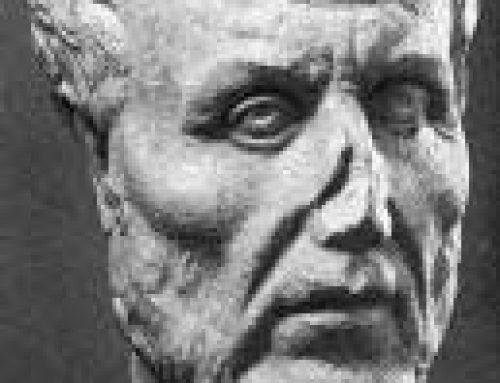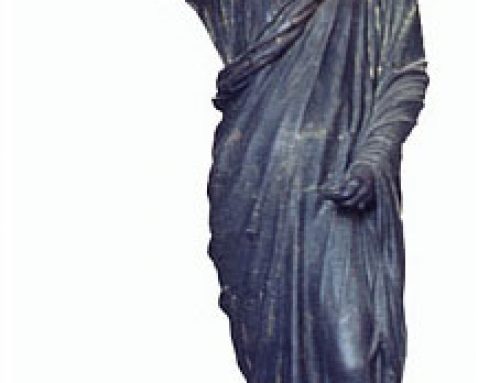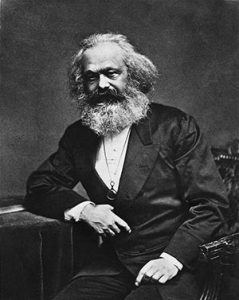
Karl Marx, a European philosopher and economist
How did Hegel inspire Marx?
The famous German philosopher Hegel died when Karl Marx was 13 years old. Marx must have heard a lot about Hegel when he was in school in Germany. Hegel’s ideas about a dialectic or conversation between opposites which led to a sort of compromise or truth inspired Marx to think about the relationship between workers and factory owners.
More about Hegel
European philosophy
Europe’s industrialization
All our modern Europe articles
Who was Karl Marx?
Unlike earlier European philosophers, Marx was Jewish. Also unlike most earlier philosophers, Marx got married, to a rich Christian woman he had known since childhood. They had seven children. But as with earlier philosophers, Marx’s father wanted him to be a lawyer – and he was more interested in philosophy.
History of the Jewish people
Marx and factory workers
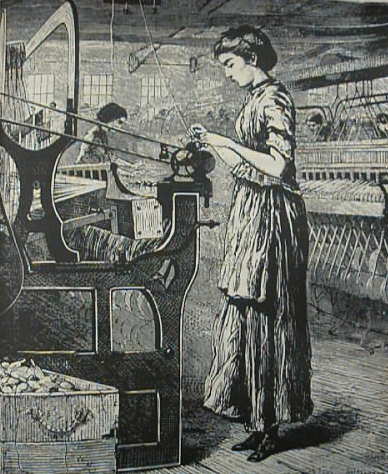
A girl working in a mill factory
Marx got to know a bunch of young Hegelian philosophy students, and like them he thought Hegel was wrong about God. Unlike Hegel, Marx didn’t believe in God.
But they all thought Hegel was right about debate between two opposites as a way of finding out the truth. More and more people were leaving their farms to work in factories, and Marx became interested in the conflict between these new factory workers and the owners of the new factories.
Under the influence of Rousseau, Marx argued that it was wrong for people to work for an hourly wage or a salary, and that instead people should own the factories they worked in. This idea updated the age-old demand for the redistribution of land and the abolition of debt-bondage.
Who was Rousseau?
More about debt-bondage
Marx promotes worker’s revolutions

Child miners in England (1840s)
Marx also thought just talking about ideas was too wimpy. He wanted practical action to really change things. He began to promote worker’s revolutions that would take over the factories. In 1848, the year of revolutions all over Europe, Marx was 30 years old. In that year, he published The Communist Manifesto. A people’s rebellion took over and put in democracy in place of monarchy in France. But a rebellion in Germany failed, and Marx had to move to London.
Austria-Hungary in 1848
France and 1848
Germany and 1848
Marx writes against slavery
In London, Marx wrote for various newspapers to support his family, and took gifts from his friend Engels. With the American Civil War approaching, he wrote for American newspapers against slavery. But as time went on he became increasingly depressed by the failure of one workers’ rebellion after another. Four of his children died young, partly because he was so poor.
African-American slavery
Slavery in Brazil
And in the Caribbean
A philosophy of solidarity and cooperation
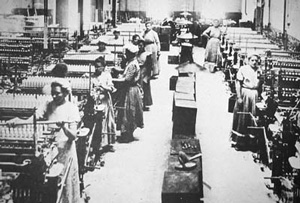
Chocolate factory (1800s)
Marx began to work more on research and philosophy instead of revolution. He realized that with more and more people working on factories instead of on farms, people needed new philosophical ideas about what work was and how the economy worked. Wollstonecraft‘s idea to give each family a small farm seemed out of date now.
Who was Wollstonecraft?

Kids in a spinning mill in England
Marx thought people were happier working together, co-operating. Private property and individual rights just led to competition and people trying to get over on each other. Marx thought people would be happier and richer if they organized in groups and all owned the factory or the farm together, helped one another, and shared the results of their work. Within these cooperatives, women would be equal with men, and childcare and housework would be shared by everybody.
Marx’s wife died in 1881, and Marx himself, now 65 years old, died two years later of pleurisy (a lung infection).
Go on to Sartre
Austria-Hungary
Victorian England
Bibliography and further reading about Marx:


